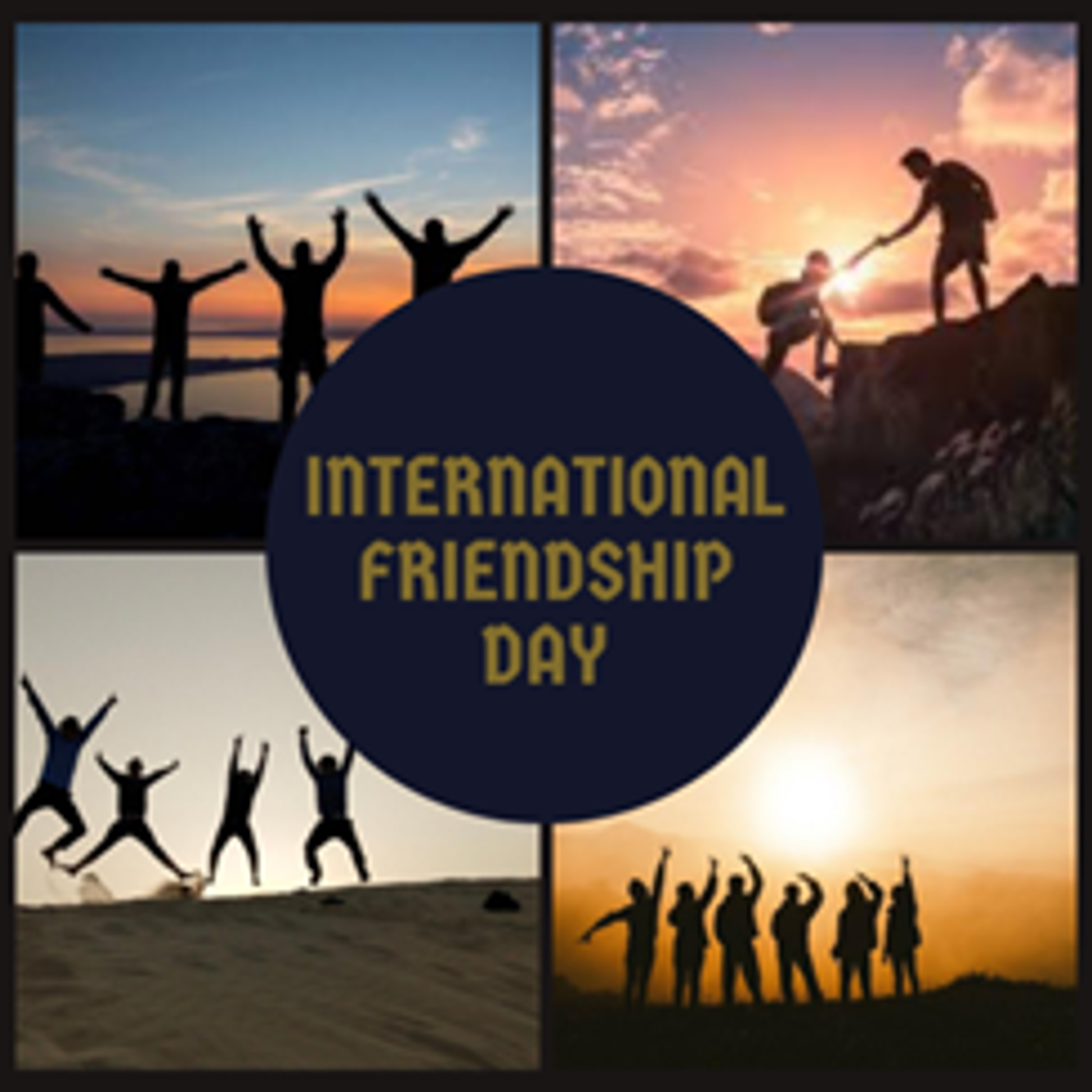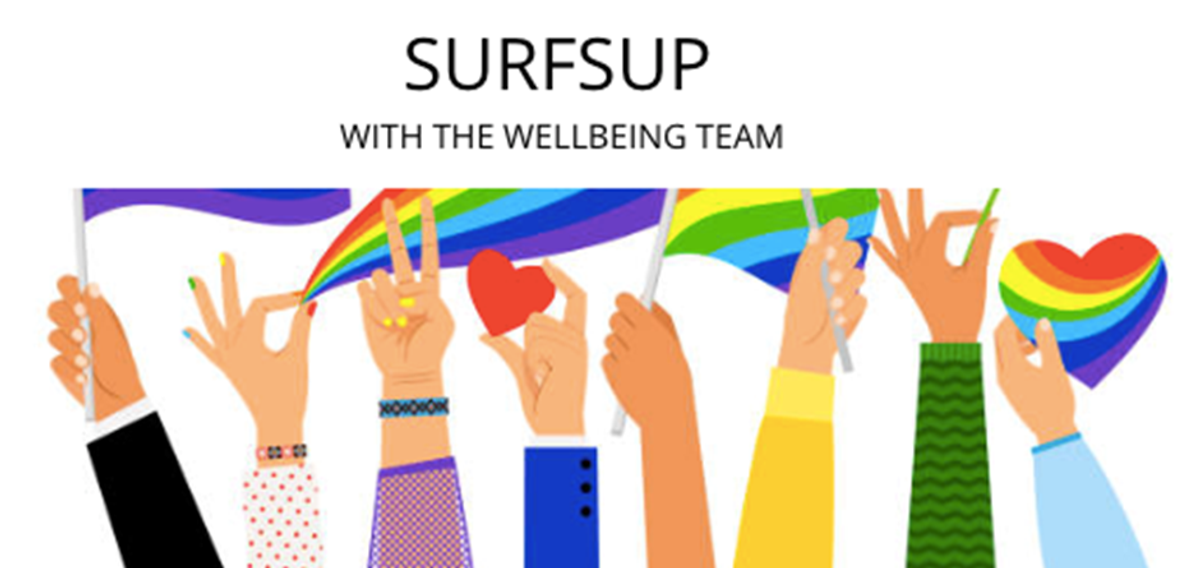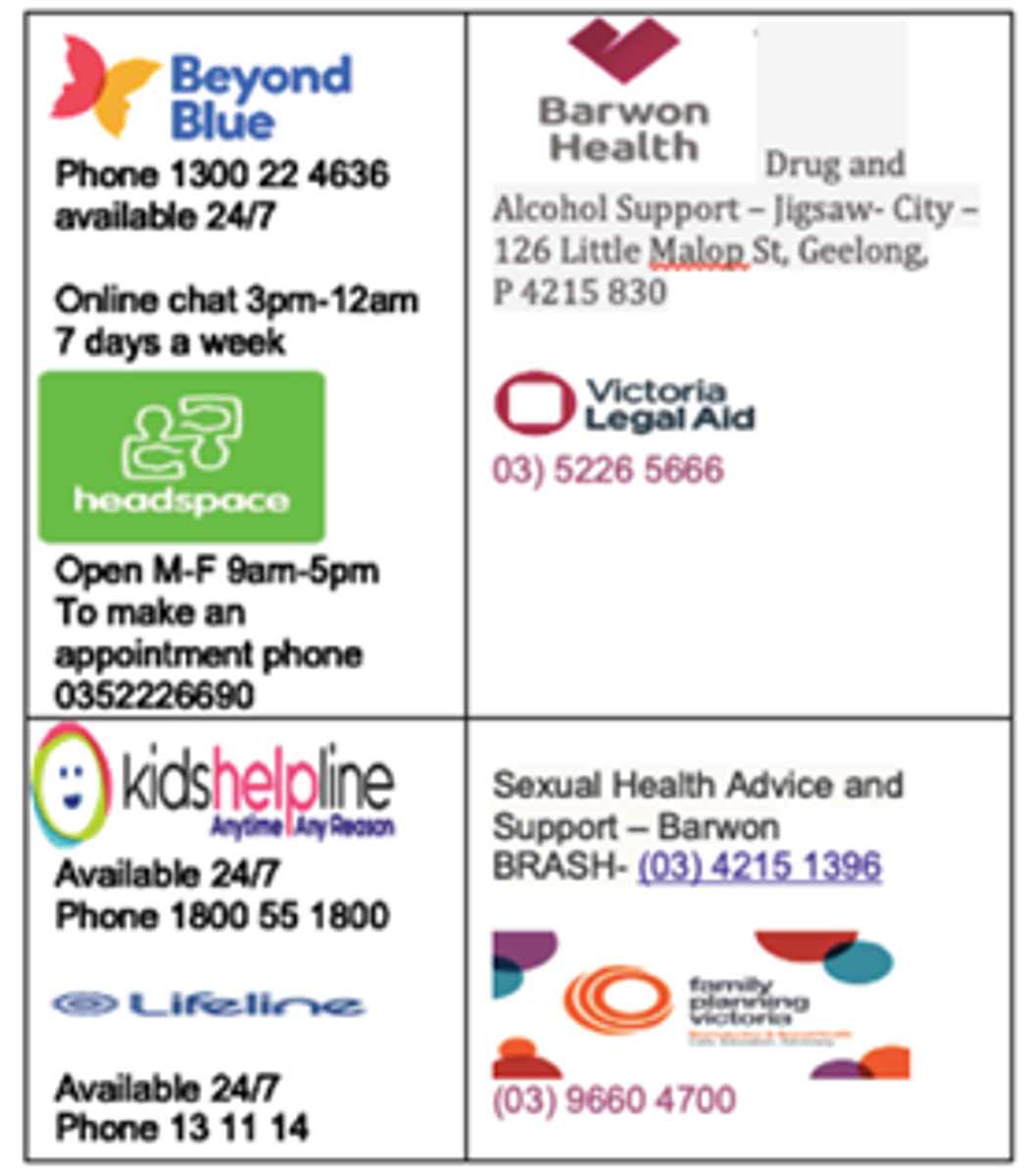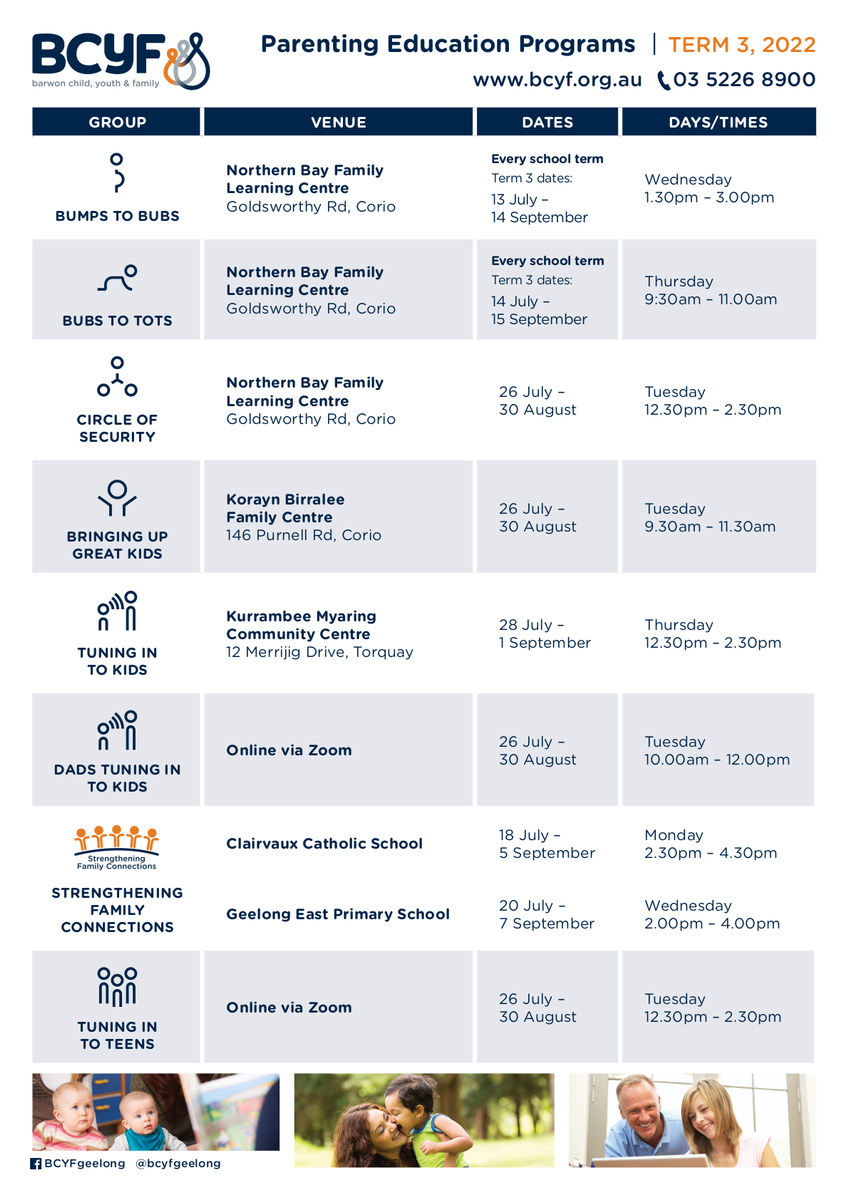WELLBEING

We have now entered week 3 of Term 3 and the feeling of spring arriving shortly and warmer weather is giving us some hope on these very cold and frosty mornings. Lucky, we have had some sunshine to trick us – however in reality it is 0 degrees and the wind chill makes it feel like -2 degrees.
VERSES
The Wellbeing Team is also excited to be on the move – relocating to “A Wellbeing Hub”. This is fabulous as we have grown as a team and a school. The new space will be located over near the art rooms and senior courtyard. It might be a bit of “where’s wally” for a week or two but I think the students will enjoy the new space.
This week’s newsletter will focus on friendships – remembering that good mates are there for you in good times and bad. Having good friends who love and support you for who you are is really important for your happiness.
Why good friends are so important?
Research has shown that the better the quality of your relationships, the more likely you are to be happy. So, being a great friend to someone and having friends support your back is good for your wellbeing. But what, exactly, makes a good friend?
Signs of a Good Friend
Friends will come and go in your life. No matter how long your friendships last, the most important thing is your friends’ acceptance of you for who you are. A good friend walks the talk and shows that they care by their actions – big and small.
A good friend:
- is there for you, no matter what
- doesn’t judge you
- doesn’t put you down or deliberately hurt your feelings
- is kind and respectful to you
- is someone whose company you enjoy
- is loyal
- is trustworthy and willing to tell you the truth, even when it’s hard for you to hear
- laughs with you
- sticks around when things get tough
- makes you smile
- is there to listen
- comforts you when you cry
How to be a Good Friend
If you treat the people around you in the ways described above, then you’re already a good friend to them. But it’s not always easy to know how to be there for your friends.
Listen to them
Try to understand a situation from your friend’s point of view. Ask questions to get a sense of the problem or issue, but the main thing is to listen to them. You don’t have to have all the answers, and don’t assume that your friend wants advice – they might just want to talk so that they can work it out for themselves.
Get the facts
If your friend has a medical or mental health issue, a good way to offer support is to learn about what they’ve been diagnosed with. Being interested in what they’re going through shows you care, and that you plan to stick around no matter what’s going on.
Ask them what they need
If you’re worried about someone and you want to be there for them, ask them what they need. You’ll then know what they find helpful during tough times, and you can offer them support in a way that’s genuinely helpful.
Get physical
If you’re a hugger, ask your friend whether it’d be okay to hug them. Once you get the thumbs up, hug away! Hugging your friends can be a great way to show you care for them. Physical contact can be comforting, especially when someone feels alone.
Keep in touch
Even if you don’t live nearby, show your friends you’re there for them by making an effort to keep in regular touch through social media, texts or calls.
Tell them how you feel
You don’t have to make a big deal about it all the time, but you can make a real difference to how someone is feeling just by letting them know how important they are to you. So, go for it!
Be willing to make a tough call
If you think your friend’s safety is at risk, you might need to act without their consent and get help. It can be a tough call, particularly when you’re worried about how they’ll react, but remember that good friends care enough to step up, and that you’re doing it to protect them from harm.
International Day of Friendship
International Day of Friendship is coming up on 30th July which means it’s a great opportunity to reflect on how we can engage with others and build relationships.
The meaning of friendships is different for everyone and the bond of friendship also varies. People we have known for a long time may not be as close to us, whereas, we may consider someone who we have known for a short period of time as a best friend to us. This is why traditions and celebrations are different to everyone. There are low key ways to celebrate the day by simply hanging out with our friends and doing our “thing” or more elaborate ways like hosting a party, exchanging presents and expressing how important they are in our lives. Another common tradition on International day of friendship is to reach out and reconnect with friends whom we haven’t been in touch with for a while.
INTERNATIONAL DAY OF FRIENDSHIP BY THE NUMBERS
22% – the percentage of people who live longer if they have a close friendship network.
2 – the average number of best friends an adult has.
1994 – the year when the hit television show “Friends” first aired.
26% – the percentage of people who come into conflict with their friends over something posted online.
2 times – the likelihood of women with breast cancer dying if they don’t have a network of friends.
9 months – the age at which babies start recognizing friendships.
36% – the percentage of people who quit a habit if their friends quit it too.
7 times – the likelihood of a person being more productive at work if their close friend works there too.
10–25 – the number of hours a week young adults spend socializing.
57% – the percentage of teens who make a close friend online.
Ways to celebrate International Day of Friendship:
Meet a friend for lunch/ see a movie or go for dinner
Have friends you haven’t seen in a while? Or, perhaps some with whom you only do the same activities over and again. Why not change things up and plan a casual outing with friends for International Day of Friendship, to make new memories and share a few laughs.
Random Acts of Kindness
The boost in wellbeing from an act of kindness occurs not only in the giver and the receiver of the kindness, but also in anyone else who witnesses it. Cultivating feelings of kindness can brighten up someone day and every act of kindness is significant. It may seem like it doesn’t accomplish much but, just like the domino effect, one act of kindness can lead to more positive outcomes. So don’t hold back from uplifting others with compliments and compassion.
BCYF - Barwon Child, Youth & Family
Surf Coast Shire Early Years in partnership with BCYF are hosting a 6 week Tuning in to Kids support program for parents of children aged 3 years – 12 years.
The program aims to:
• Help parents teach their children to understand and manage their emotions.
• Support parents in encouraging children to express emotions appropriately.
• Maximise children’s social, behavioural and learning outcomes.
Thursdays weekly 28 July – 1 September
12.30pm – 2.30pm
Kurrambee Myaring Community Centre, 12 Merrijig Drive, Torquay
Bookings are essential.
For more information and to book your place, please contact:
5226 8900
-------------------------------------------------------------------------------------------------------------------------------------












